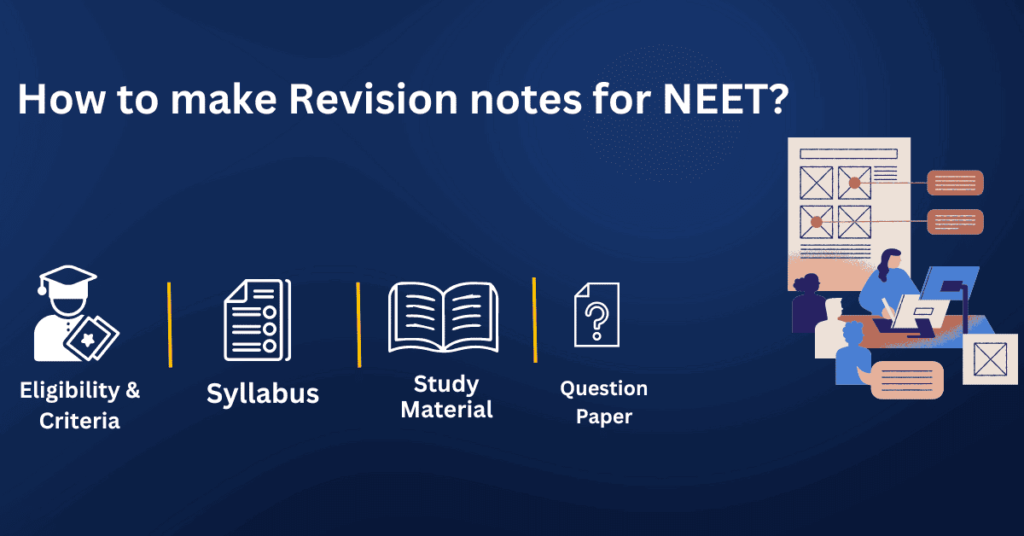
Sky Tutorials is a renowned coaching institute in Varanasi that specializes in preparing students for competitive exams like NEET, IIT-JEE. Their expert faculty and comprehensive study material have helped students achieve their dreams of getting into top medical and engineering colleges.
If you are looking for the best NEET coaching in Varanasi, Sky Tutorials should be your top choice. Their NEET coaching program is designed to cover all aspects of the syllabus, provide regular tests and assessments, and ensure that students are well-prepared for the exam. The faculty at Sky Tutorials is experienced and dedicated to helping students achieve their goals.
In addition to NEET coaching, Sky Tutorials also offers JEE coaching, , and other programs to help students excel in their academic pursuits.
Sky Tutorials – Best NEET Coaching in Varanasi | JEE Coaching
Looking for the best NEET coaching in Varanasi? Look no further than Sky Tutorials. Our expert faculty, comprehensive study material, and regular tests and assessments ensure that our students are well-prepared for the exam. We also offer JEE coaching, Olympiad coaching, and other programs to help students excel in their academic pursuits.
Introduction:
Are you prepared to take the National Eligibility and Entrance Test (NEET) in order to fulfill your dream of working in the medical field? The secret to success is effective revision as the exam date draws near. Putting together thorough and well-organized revision notes is an important revision tool. We’ll go over the important procedures for creating productive NEET revision notes in this blog post.
1. Know Your Syllabus:
Make sure you have an established understanding of the NEET syllabus before you start taking notes. Sort topics into categories based on subjects like biology, chemistry, and physics. Your organization of your revision notes will be guided by this fundamental concept.
2. Prioritize Key Concepts:
Determine which high-yield subjects and ideas come up most often in NEET examinations. To get the most out of your study time, rank these first in your review notes. Highlight the areas where you are struggling or in need of support.
3. Make Use of Visual Aids:
To help explain difficult ideas, use graphs, charts, and diagrams. During the exam, visual aids improve memory retention and make knowledge easier to recall. Make use of symbols and colors to draw attention to important details.
4. Condense Information:
One of the main goals of revision notes is to distill a lot of material into manageable, detailed ideas. Target for conciseness while making sure that each topic’s essential points are covered in your notes.
5. Establish a Systematic Structure:
Arrange your review materials in a methodical manner. Maintain an overall order, whether it is chronological or thematic, to make information retrieval easier. A paper with a clear structure facilitates efficient and efficient evaluation.
6. Add memory devices and mnemonics:
Incorporate acronyms, mnemonics, and memory tricks to make difficult knowledge easier to recall. These can be very helpful for memorizing classifications, lists, or sequences.
7. Active Engagement:
Interact with the content actively rather than just copying it. Write ideas down in your own terms, ask yourself questions, and connect knowledge to instances from everyday life. Understanding and retention are improved by active interaction.
8. Update Your Notes Frequently:
As you work through your revision, make sure to update your notes frequently to take into account any new understandings, details, or insights that come to light. This guarantees that your notes will always be a living, breathing resource.
9. Incorporate Practice Questions:
Give your review notes some practice questions and sample issues. Completing these questions will help you become more familiar with the exam structure while also supporting your understanding.
10. Customize Your Notes:
Include personal notes in your review, like remarks, stories, or links between several subjects. Customization gives your notes a distinct perspective and can help with memory during the test.
Conclusion:
Useful revision notes are an invaluable resource for NEET readiness. You can create an extensive and effective study tool by comprehending your syllabus, ranking the most important concepts, employing images, distilling information, organizing the material in a methodical manner, adding reminders, actively participating in the material, updating your notes frequently, adding practice questions, and making your notes unique. Wishing you success on your NEET preparations and happy revising!

